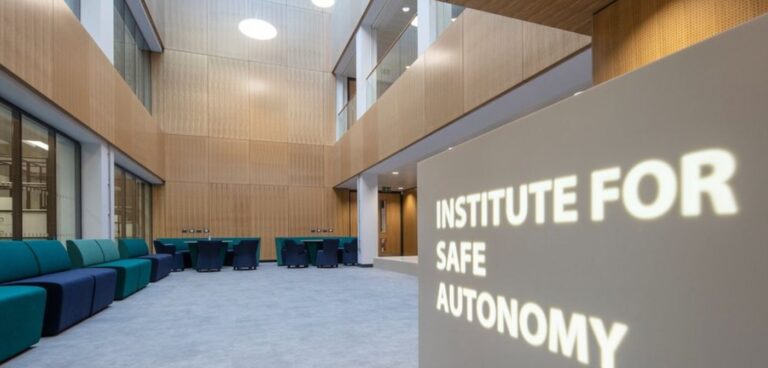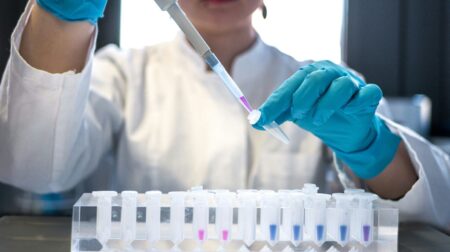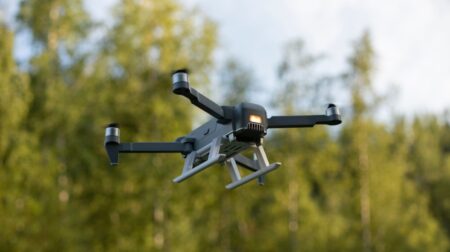The University of York’s new Institute for Safe Autonomy (ISA) will feature a new solar farm, covering an area of around 1,000-1,500m2, which will power around 80% of the building’s expected daily usage.
Funded through the UK Research Partnership Investment Fund (UKRPIF), the facility will enhance the institute’s research capabilities by providing a ‘living lab’, which will allow researchers to safely develop and use robots to inspect and maintain the solar farm.
The project will also enable the institute to become energy self-sufficient and help meet the university’s net-zero targets.
Professor Miles Elsden, director of the Institute for Safe Autonomy, said the panels will provide around 200kW of power to the building.
“The facility will be made up of a range of different panel configurations – from static ground installations to sun-tracking arrays and vertical towers, to panels deployed on the side of the building and its rooftop,” he explained.
“It is a really exciting and innovative project that shows our commitment as a university to sourcing sustainable energy.”
The new facility will be coupled with Internet of Things technology that will be used to further increase the energy efficiency of the institute to meet the remaining 20% of the building’s energy needs.
The solar farm is one of nine projects that are set to improve environmental sustainability, following almost £19m of funding from UKRPIF.
The investment aims to support universities to enhance, upgrade and adapt research centres and facilities to reduce carbon emissions, and make research processes more environmentally sustainable.
Read more: Safety of robotics research centre set to open in York








